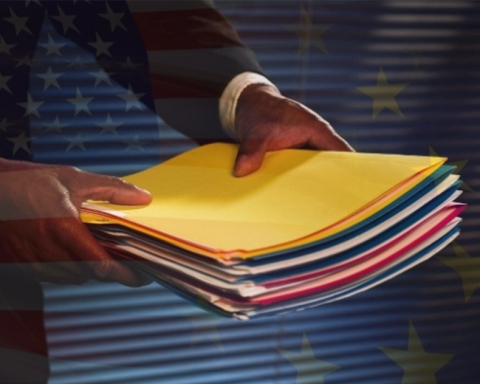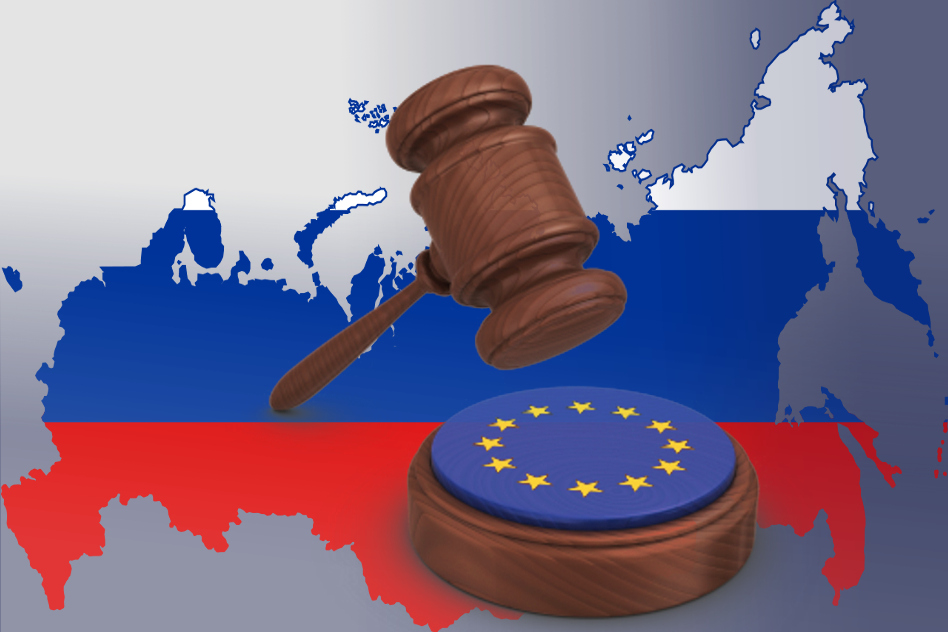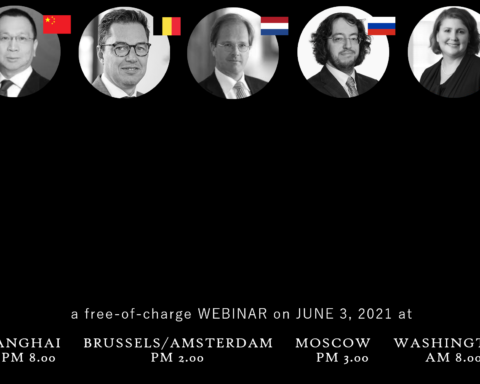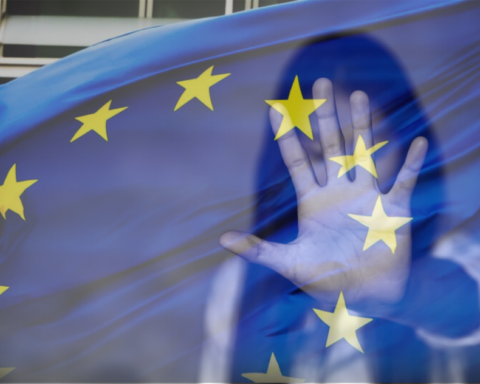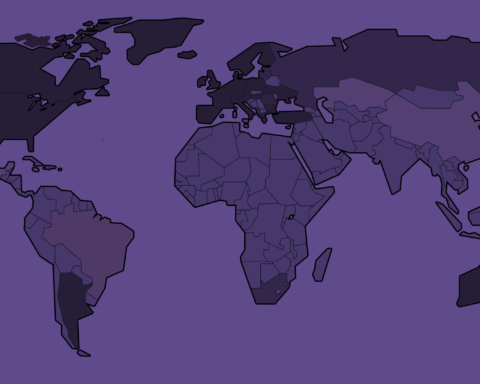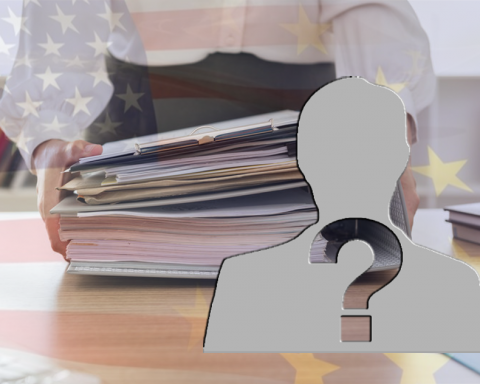Once you have decided to do a voluntary disclosure, timing of the submission is an important consideration.
By Susan Kovarovics & Bert Gevers, 27 April 2017
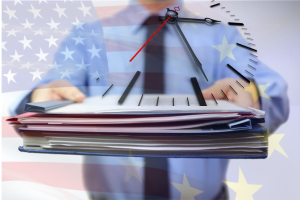 Under US export controls and trade sanctions regulations, the disclosure will count as a “voluntary disclosure” only to the extent that it is submitted to the relevant agency before the US government discovers the violation itself or has begun an investigation of the same or substantially similar matter. Hence, it is important to consider not just whether to disclose, but when to do so.
Under US export controls and trade sanctions regulations, the disclosure will count as a “voluntary disclosure” only to the extent that it is submitted to the relevant agency before the US government discovers the violation itself or has begun an investigation of the same or substantially similar matter. Hence, it is important to consider not just whether to disclose, but when to do so.
Waiting until the entire investigation is complete may not be timely enough. Some investigations can take many months and the risk of the government agency starting its own investigation may increase during that time. Not to mention that if the matter at issue is particularly serious, notifying the relevant authorities sooner rather than later could enable them to mitigate some of the harm.
You likely do not want to disclose before you have a fairly high level of certainty that a violation did actually happen. Let’s face it—it is hard to “unring” the bell if you file a voluntary disclosure about a matter thinking that a violation had occurred, only to discover as your investigation proceeds that there was, in fact, proper authorization for the activities at issue or the facts about what had actually happened were mistaken. If you have already filed a voluntary disclosure, you would then find yourself having to convince the enforcement agency that the disclosure was just an exercise of caution and the company’s efforts to be a good corporate citizen, but, alas, there was no violation after all. Sometimes that is not such an easy sell, particularly if the facts are complicated.
So finding the correct time in your investigation to disclose is critical. Under the voluntary disclosure programs for export controls and trade sanctions, the relevant agencies permit parties to submit an initial notice of voluntary disclosure. An initial notice of voluntary disclosure allows the party to inform the government that there is an issue prior to the party’s full internal investigation being completed. Hence, giving the party the opportunity to do a full investigation, while not having to fear that the government could start its own investigation in the meantime and the party would lose the mitigation benefits of the voluntary disclosure. Upon determining with enough certainty that a violation did occur, but before conducting your complete investigation, consider submitting an initial notice of voluntary disclosure.
Upon completion of your investigation, you are still obligated to file a full disclosure report with the agency involved. Timing for submission of the full disclosure report varies based on the regulations: 60 days under the ITAR, 180 days under the EAR and within a “reasonable period of time” under the various US sanctions programs.
As mentioned in Part 1 of these series most EU Member States (including Belgium, Netherlands and Luxembourg) do not provide any procedural requirements or guidance with respect to voluntary disclosures. Nevertheless the principle remains that a voluntary disclosure (and its mitigating effect) is no longer ‘voluntary’ once the competent regulator and/or enforcement agency has initiated an investigation. It is therefore indeed best to file the preliminary disclosure only at the moment that an investigation shows that it is likely that a violation has occurred. In practice a (potential) violation is often discovered at the time of a due diligence investigation in the framework of an M&A or financing transaction. Under those circumstances the company has no choice to disclose as soon as possible or abandon the transaction.
Once the preliminary disclosure has been filed one could generally agree on the timing to submit the full disclosure and even then extensions are generally accepted. If the disclosure includes multiple jurisdictions, it is advisable to foresee sufficient time to prepare a coherent disclosure and to align submission dates. You only get one chance to make a good impression….
Authors of this post are:
- Don’t be Caught Off Guard:Huawei Entities Added to US Entity List - May 21, 2019
- They’re Back: US Nuclear Sanctions against Iran - May 10, 2018
- Much Ado About Sanctions in the United States - August 3, 2017


